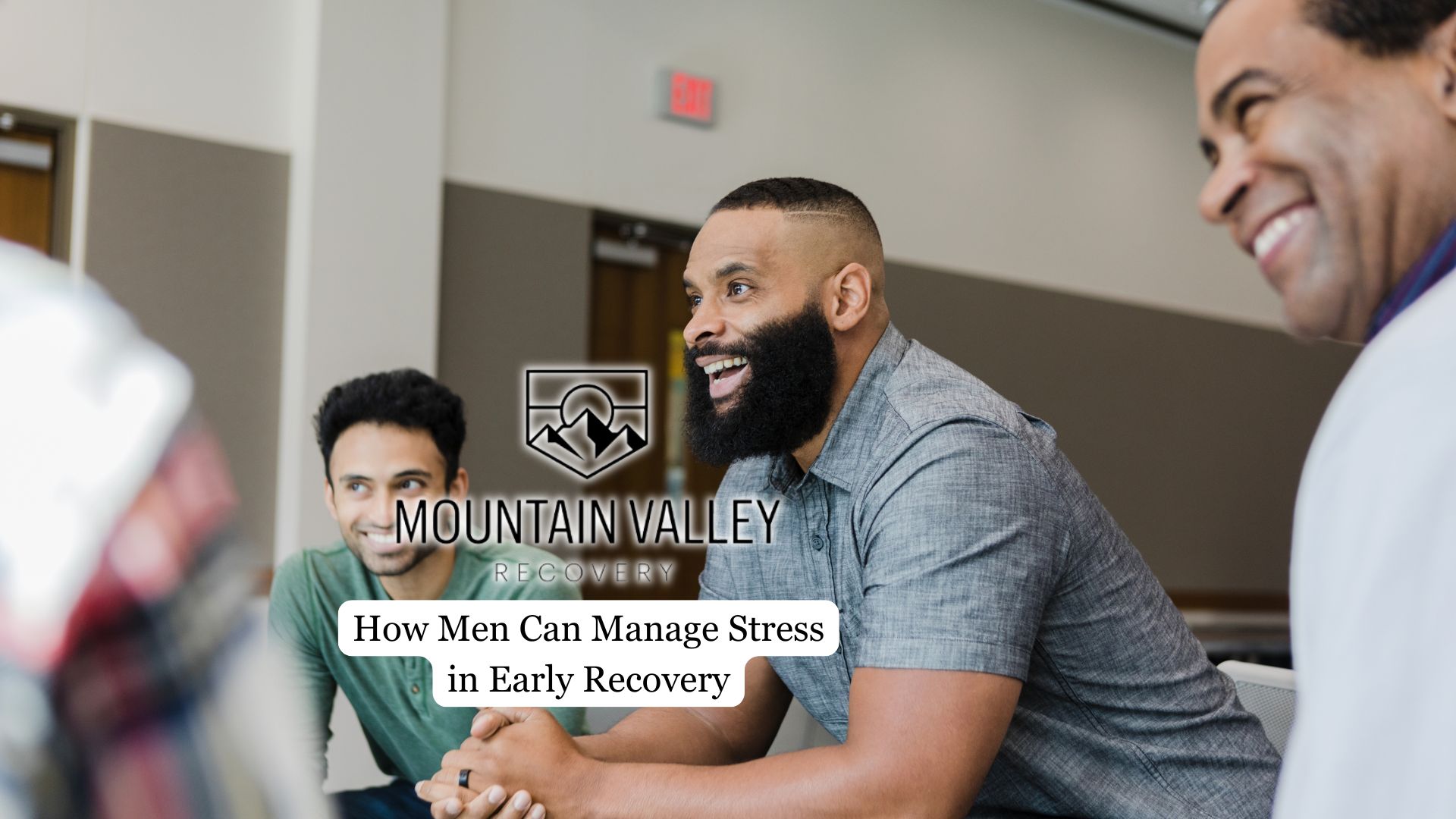Ativan (lorazepam) is a prescription benzodiazepine often used to treat anxiety, insomnia, and seizures. While effective when taken as prescribed, misuse or excessive intake can quickly lead to dangerous consequences. Understanding how much Ativan is too much is essential for anyone taking this medication, whether for medical use or struggling with dependency.
This article explains safe dosage limits, overdose risks, warning signs, and what to do if you suspect substance misuse.
Standard Dosage Guidelines for Ativan
Ativan is typically prescribed in low doses to minimize risk and dependency. For adults with anxiety, standard oral doses range from 2 to 6 mg per day, divided throughout the day. Doses above 10 mg per day are rarely recommended, even in clinical settings. Higher doses may be used temporarily for seizure control or sedation under close medical supervision, but self-adjusting one’s dose can be dangerous.
Because it has a relatively long half-life and accumulates in the body, taking more than prescribed—even slightly—can increase the risk of adverse effects, including developing ativan addiction. This is especially true for individuals with liver conditions, older adults, or those mixing it with other depressants like alcohol or opioids.
What Constitutes Too Much Ativan?
Exceeding 6 mg per day without medical oversight is generally considered too much for most individuals. However, what constitutes “too much” varies depending on age, weight, medical history, concurrent drug use, and overall tolerance.
An overdose can occur from a single high dose or gradual accumulation in the body, especially when taken with other central nervous system depressants like sleep medications. Even prescribed doses can become dangerous when combined with these substances.
Toxic effects may begin to appear at 10 mg or higher in sensitive individuals, although the exact threshold is highly individualized. At 20 mg or more, overdose symptoms are far more likely and potentially life-threatening.
For some, especially men, who believe they can tolerate higher doses due to body size or perceived stress levels, the risk of unintentionally building a dangerous tolerance is significant. Misjudging the strength or impact of Ativan is a common factor in accidental misuse.
Signs and Symptoms of Ativan Overdose
Too much substance can quickly suppress the central nervous system, especially when combined with other substances. Early symptoms may include confusion, slurred speech, extreme drowsiness, or loss of balance. As the situation worsens, the individual may experience slowed or irregular breathing, become unresponsive, or lose consciousness entirely.
In severe instances, it can result in respiratory depression, coma, or even death—particularly when the drug is combined with other substances that suppress the central nervous system.

Risks of Long-Term High-Dose Use
Even if an overdose doesn’t occur, chronically taking high doses of Ativan poses serious health risks. Long-term overuse can lead to cognitive impairment, memory problems, mood instability, and increased anxiety when the drug wears off. The body adapts quickly to the substance, requiring higher doses to achieve the same effects—a dangerous cycle that increases addiction risk.
Stopping Ativan abruptly after high-dose or prolonged use can trigger severe withdrawal symptoms such as seizures, panic attacks, muscle cramps, insomnia, and hallucinations. Medical care is often necessary for a safe detox process..
Seeking Professional Help for Ativan Misuse
Regularly taking more Ativan than prescribed—even in small increases—can signal the early stages of misuse or physical dependence. For many men, especially those managing pressure from work, relationships, or unprocessed trauma, it’s easy to downplay the signs of growing reliance on a substance. But struggling to cut back, feeling withdrawal between doses, or needing more to feel the same effects are all signs it’s time to seek professional help.
A qualified healthcare provider can evaluate your usage, develop a tapering plan, and recommend appropriate treatment options. For individuals dealing with high-functioning addiction or quiet dependency, combining specialized treatment for Ativan abuse with behavioral therapies—such as cognitive behavioral therapy (CBT) or trauma-informed counseling– can offer lasting change. Early intervention can prevent long-term damage and support a clearer, more sustainable path toward recovery.
Final Thoughts from Mountain Valley Recovery
Knowing how much Ativan is too much can be the difference between safe treatment and a medical emergency. Anything beyond the recommended dosage can lead to serious health risks.
At Mountain Valley Recovery, we are dedicated to helping you overcome the challenges of Ativan dependence. Our treatment model is designed specifically for men, offering a focused environment that addresses male-specific stressors, behaviors, and recovery goals. Through structured medical care, individualized therapy, and a long-term approach to healing, we support the development of sustainable recovery and a healthier future.





